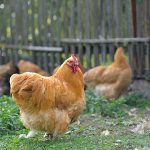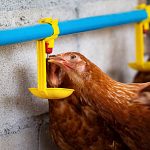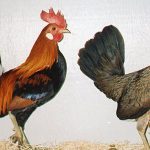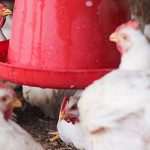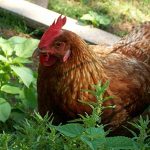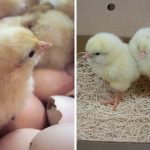
Deciding if you should vaccinate your chickens depends on how likely they are to encounter infectious diseases. You may not need to vaccinate if you maintain impeccable biosecurity, because doing so significantly reduces your flock’s risk of acquiring a disease. Unfortunately, many backyard chicken keepers either don’t know about biosecurity or just don’t think it’s […]
Continue Reading
